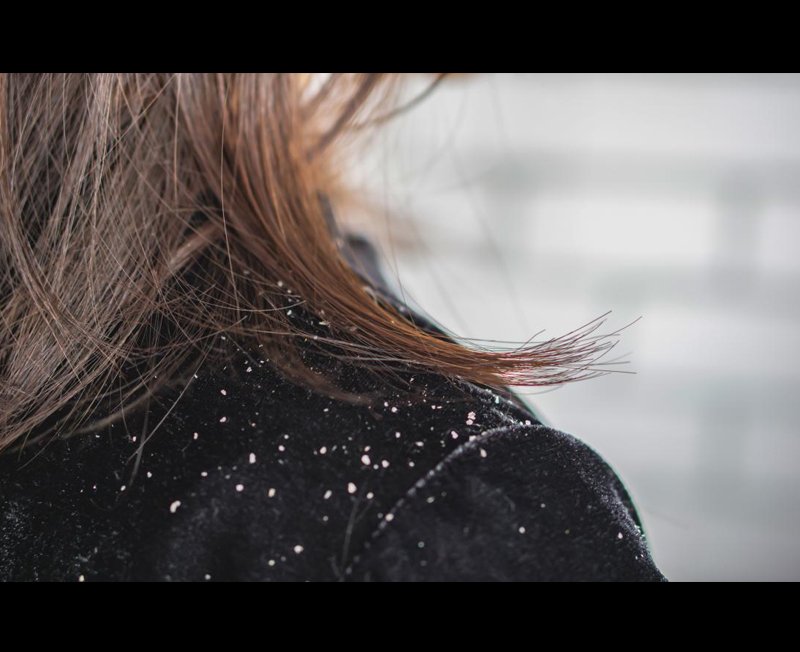
Finding flakes on your scalp—or on the shoulders of your favorite black sweater—can stop you in your tracks. From what we’ve learnt by watching all those Dandruff shampoo commercials, we’re sure it can embarrassing. But there’s one thing we need to get straight – FACT: Many think that dandruff is a representation of personal hygiene or how often you wash your hair, but, in most cases, dandruff has little to do with your shampooing habits: It’s the yeast on our scalps that’s the culprit. We all have yeast on our scalps; however, for some, the yeast can cause itching, inflammation, and flaky skin.
If you find yourself dealing with chronic dandruff, you may also notice more stray strands in your hairbrush or floating down the drain. The logical thing would be to think that the dandruff is to blame, but there’s more to it than that.
Does Dandruff Cause Hair Loss?
Scalp buildup, unlike dandruff, is a product of oil and buildup on the scalp. Dandruff, on the other hand, is caused by the reaction to yeast on the scalp. In addition to being itchy and a visible annoyance, you may have heard that dandruff can cause hair loss, but that isn’t entirely true. In most cases, dandruff itself—that dry, itchy, flaky skin of the scalp—does not directly cause hair loss. However, what’s causing dandruff (medical conditions such as severe fungal infections, seborrheic dermatitis, scalp psoriasis, etc.) can inflame the follicles and scalp, which may lead to hair loss.”
Can Scratching Your Scalp Cause Hair Loss?
We’ve all been there: We have an itch on our scalp that just won’t quit. If you’re prone to dandruff, you may be familiar with the constant tingling, irritated feeling that gives way to constant scratching. But manipulating the scalp by scratching it can damage the hair follicle. When you’ve over-stimulated your scalp, it will let you know with physical indicators.
Constant, excessive, and aggressive scratching can damage the integrity of the hair follicle, which can ultimately lead to hair loss. Indications that you have damaged your follicle are if your scalp is burning, sensitive to touch, red, or if you see thinning of the hair. If you find yourself with an irritated scalp, look for products formulated for treating the scalp with ingredients like safflower oil, peppermint oil, coconut oil, avocado oil, and tea tree oil. Whipping up a DIY version of oil may be tempting, but essential oils can be irritating when they aren’t mixed properly—so we recommend looking to haircare lines that offer a treatment made for the scalp.
How Can I Soothe Dandruff?
If you find yourself with chronic flakes, try looking at what’s causing the itching and dandruff, including our diets. She encourages watching your diet by limiting sugary and highly refined foods, caffeine, and dairy, all of which can trigger inflammation. Also, incorporating haircare products made with hydrating ingredients and the anti-inflammatory, pH-balancing aloe vera can be helpful.
If amending your hair care regimen doesn’t yield any relief, it might be time to reach out to a professional. Common treatments for dandruff include anti-fungal steroids (which can be taken orally or applied to the scalp via injection), or cream to reduce the inflammation and immunotherapy medications. Before trying any new treatments, consult with your dermatologist. If you find that your hair loss is a result of alopecia, your healthcare provider may recommend Minoxidil, and dandruff could be a side effect.


